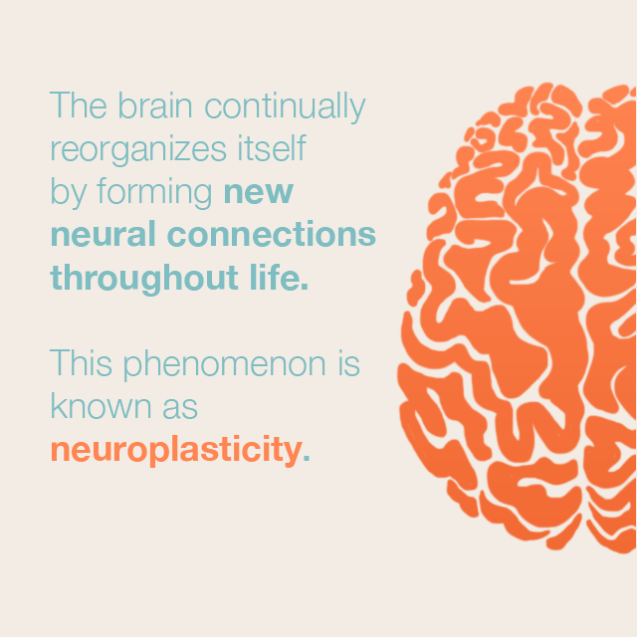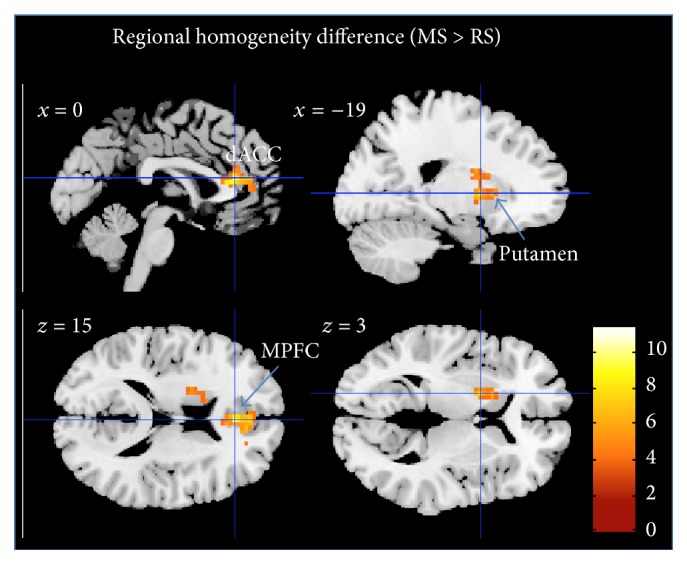Harvard neuroscientist: Meditation not only reduces stress for Dummies

/cdn.vox-cdn.com/uploads/chorus_asset/file/4002726/nrn3916-f1.jpg)
How Your Brain Changes After Meditating for One Year - Mindfulness journal, Mindfulness exercises, Mindfulness
Unknown Facts About How Meditation Changes the Brain and Body - Well - The New
Looking closely at them, I did find that a reasonable number are methodologically flawed (more on that listed below). However there were https://pastebin.pl/view/d77d3ac8 that seemed sound. Taken together, the literature on meditation suggested that the practice can assist us improve at associating with one another. It confronted me with proof that a few weeks of meditation can enhance me as an individual.

How Meditation Changes Your Brain Frequency - Wellbeing Center, Middle East
If it takes such a percentage of time and effort to get better at managing my feelings, focusing on other individuals, seeing things from their viewpoint, and acting altruistically, then well am I not ethically obligated to do it? The science behind mindfulness meditation and how we pay attention to others The word "meditation" actually refers to lots of various practices.
Here's how Jon Kabat-Zinn, a researcher who helped promote mindfulness in the West, specifies it: "Mindfulness is awareness that arises through taking note, on purpose, in today minute, non-judgmentally." And here's what mindfulness meditation practice frequently includes: You take a seat, close your eyes, and concentrate on feeling your breath enter and out.

Meditation Changes Brain In 8 Weeks - AnxietyCentre.com
What Does What Happens to the Brain During Meditation? Do?

Meditators reveal reduced activity in a vital brain area: the amygdala. This combination of attention training and direct observation is the fundamental practice. Sounds simple, best? But according to some studies, it can have profound impacts on your brain. In a 2012 study, people who were new to meditation went through 8 weeks of conscious attention training, practicing for around 4 hours every week.
While they remained in the MRI scanner, they saw a series of photos, a few of which were upsetting (like a picture of a burn victim). After eight weeks of mindfulness meditation, when they saw the disturbing pictures in the scanner again, they revealed decreased activity in an important brain region: the amygdala.
It scans our environment for risk, and when it views a risk, it sets off our fight-flight-freeze response, which consists of launching tension hormonal agents like cortisol and adrenaline. It glues our attention to the danger, making it difficult for us to concentrate on anything else. What stands out about the study is that the lowered amygdala activity lasted even when the individuals were in their ordinary standard state in other words, not actively practicing mindfulness.
